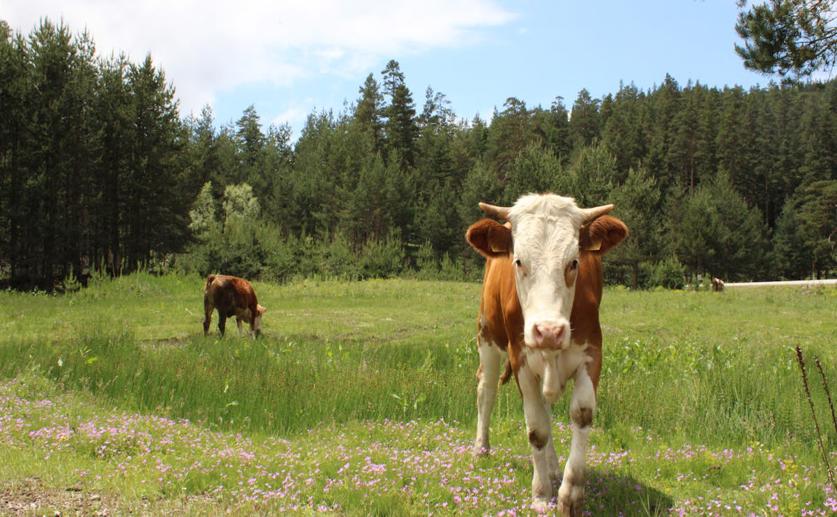
Boric Acid in Milk Replacer as a Health and Growth Booster for Young Mammals
Jenn Hoskins
18th May, 2024

Image Source: Emine Berre Tolun (photographer)
Key Findings
- The study was conducted by researchers from Ataturk University on 60 lambs during the suckling period
- Lambs supplemented with boric acid showed higher weight gain and better feed conversion ratios, indicating improved growth efficiency
- Boric acid supplementation increased beneficial bacteria in the lambs' intestines, enhancing overall health and metabolism
- The study found a decrease in the expression of genes associated with inflammation, suggesting boric acid may reduce inflammation and improve immune response
AgricultureHealthAnimal Science
References
Main Study
1) Boric Acid in Milk Replacer as a Health Enhancer and Growth Promoter for Lambs in the Suckling Period
Published 17th May, 2024
https://doi.org/10.1007/s12011-024-04214-4
Related Studies
2) Review: Trends for meat, milk and egg consumption for the next decades and the role played by livestock systems in the global production of proteins.
3) Effects of inoculation with active microorganisms derived from adult goats on growth performance, gut microbiota and serum metabolome in newborn lambs.
4) The impact of heat stress on the immune system in dairy cattle: A review.



 6th May, 2024 | Jenn Hoskins
6th May, 2024 | Jenn Hoskins